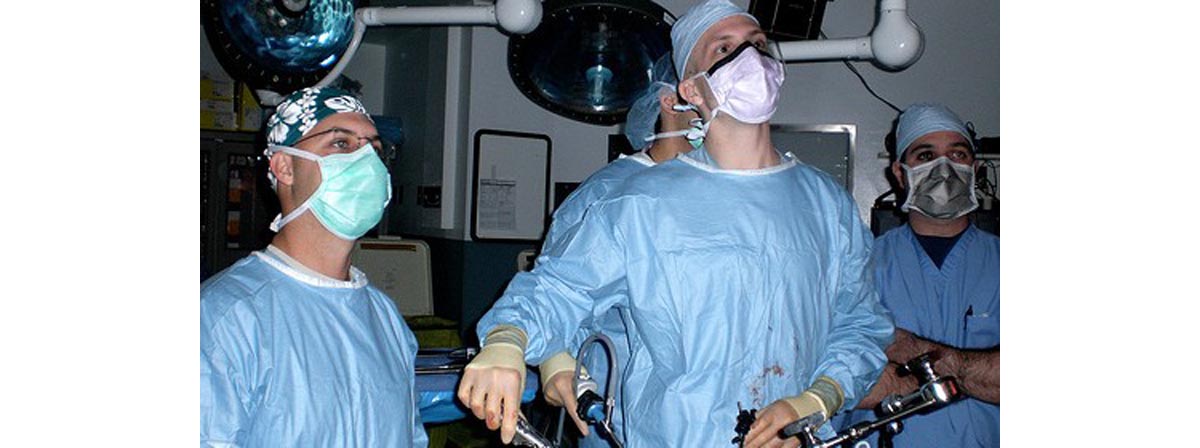Table of Contents
It is now felt that the effect of bariatric surgery is not just as a result of reducing the size of the stomach. It appears to restore the lost effect of the brain on appetite control – known as satiation.

What difference will these findings make?
The first is that once the mechanisms are fully understood, ways of influencing them – other than by surgery – may be found.
Why would this be a good thing?
Gastric bypass surgery is an extreme measure and not without risks. Performing such surgery on obese people, or those with conditions like diabetes increases the general risks of surgery. People can develop serious infections in the abdomen (peritonitis), or blood clots (venous thrombi) which travel to the lungs (pulmonary emboli) and can be life-threatening.
Also, following surgery, because the absorption of nutrients is reduced by bypassing part of the intestine, people can become malnourished and develop anemia or osteoporosis. They will need to take food supplements for the rest of their lives. Other complications included kidney stones, gall stones, hernias and nerve damage.
It would be much better if people could obtain the same results without encountering these risks and lose and maintain weight in the way in which our bodies were designed – by control of appetite.
What are other benefits of these findings?
There is no doubt that gastric bypass surgery is very effective in some people, but there is a group of people in whom it does not work, who expose themselves to the risks for no gain.
Researchers believe this might have something to do with the signals between their stomach and their brain. So once this is better understood, it might be possible to predict those for whom bariatric surgery will be of no benefit – saving them from the risks of surgery and the subsequent disappointment of it failing.
Andrew Hajnal, professor of neural and behavioral sciences, who was part of the research said:
Are there other new approaches to appetite control?
Yes, as well as being under nerve control, as mentioned earlier for some time it has been known that hormones produced by the digestive tract also influence satiation.
But as more is known about the effects of these hormones and how they influence appetite, it might be that in the future they will be produced by pharmaceutical companies and administered as a medicine to help people who struggle to control their weight.
- www.futurity.org/top-stories/gastric-bypass-results-without-the-surgery/
- www.jci.org/articles/view/30227
- Photo courtesy of Kyle May by Flickr : www.flickr.com/photos/kylemay/553916826/
- Photo courtesy of MilitaryHealth by Flickr : www.flickr.com/photos/militaryhealth/7782847994/
- www.webmd.com/diet/weight-loss-surgery/gastric-bypass

